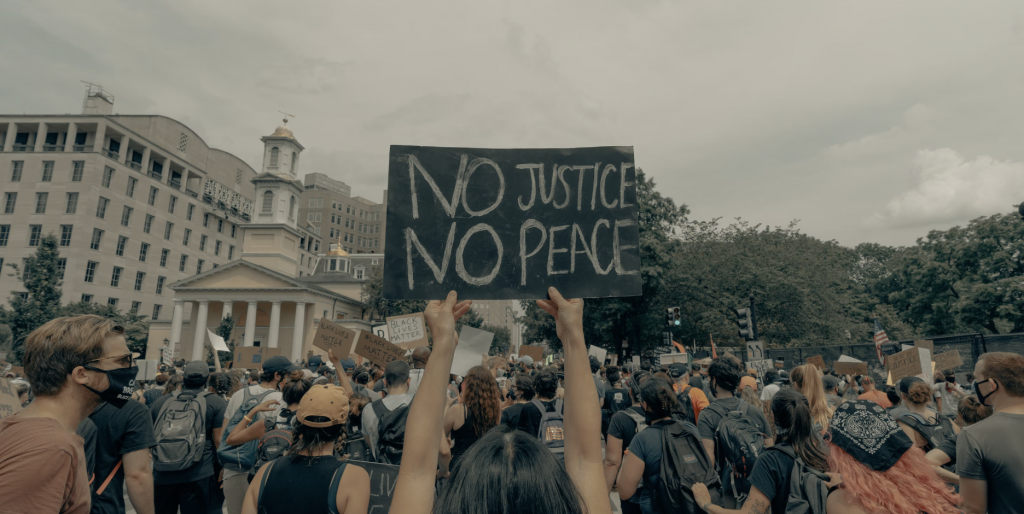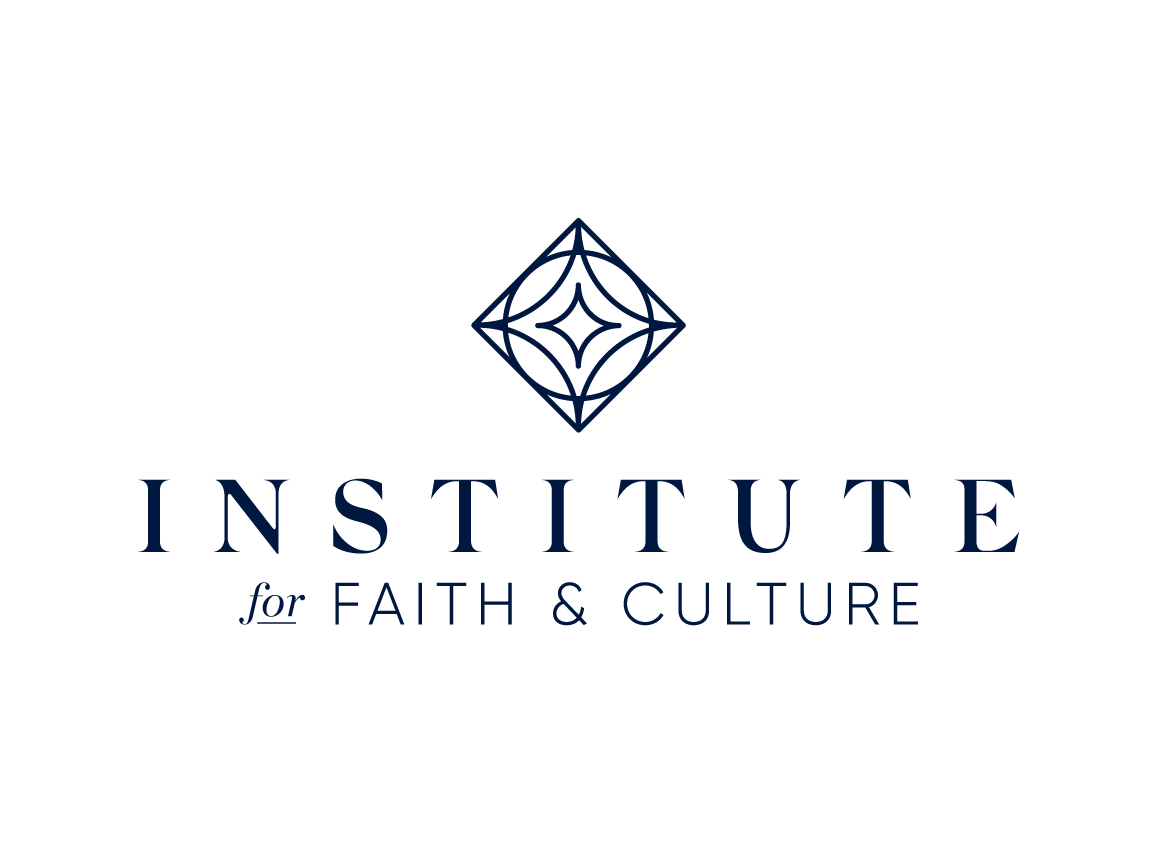
If we want to correct historic injustices without creating a new set of injustices, we must create a level playing field that emphasizes equal opportunity and individual merit.
SJT sets the conditions for reverse discrimination. Social justice theory’s focus on group identity will result in reverse discrimination. For example, whereas black and brown communities were treated unfairly in the past (because of white identity politics), white communities will be treated unfairly in the future (because of contemporary identity politics). The point is this: if we want to correct historic injustices without creating a new set of injustices, we must create a level playing field that emphasizes equal opportunity and individual merit.










One Response
Thank you for placing in one message such a clear & well documented picture of the wide range of issues & movements impacting individuals, families & institutions. You make a powerful case for the need to address, challenge & participate with well informed boldness all that is being done in the name of equality.